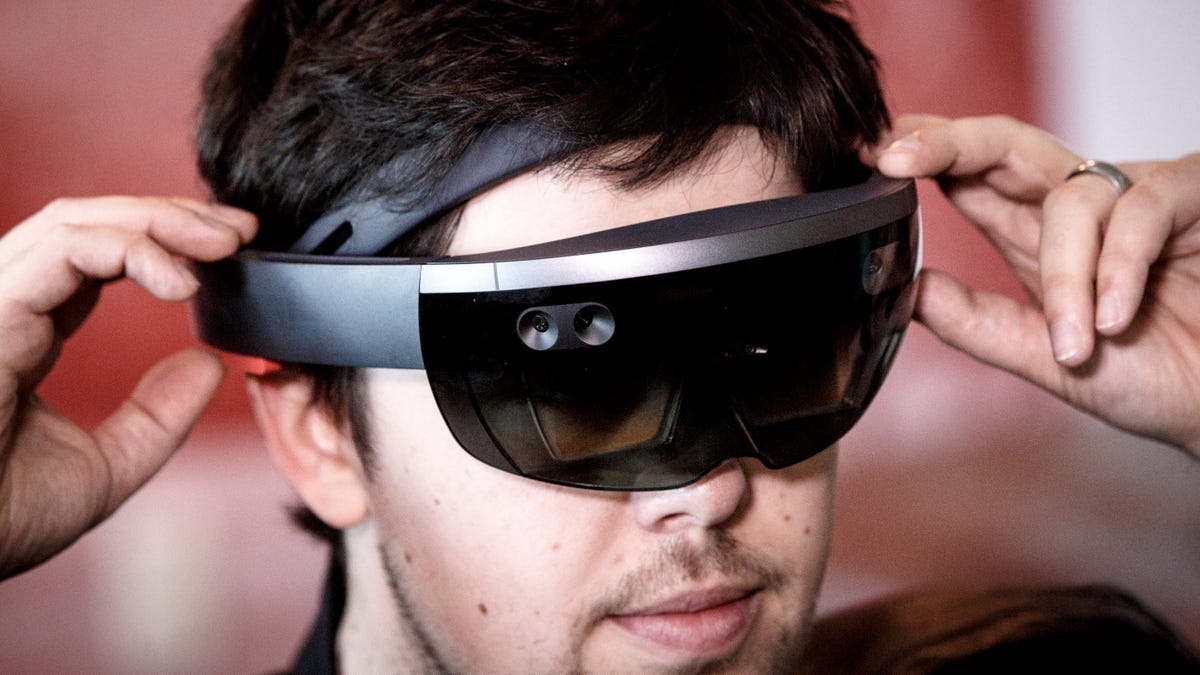Microsoft HoloLens 2 could have Qualcomm XR1 chip, cheaper price
A report says Microsoft's next VR/AR headset could use a new processor aimed at making it more affordable.

The original HoloLens cost a bundle, but the sequel will reportedly be cheaper.
Virtual and augmented reality headsets need to get cheaper and better to woo buyers beyond hardcore gamers and tech geeks, and the $200 Oculus Go is a step in the right direction.
The current generation of Microsoft's own headset, the HoloLens , starts at $3000. Sure it's intended for developers and other commercial applications, but obviously the next generation could use a lower price.
Qualcomm's recently announced XR1 processor could help. It will power the HoloLens 2, a source tells Engadet. Microsoft's sequel is reportedly arriving sometime in early 2019.
Qualcomm's first VR and AR chip, XR1, will give us a lot more things like Oculus Go
The new chip is specifically aimed at helping AR and VR get more convenient, comfortable and affordable, three things we liked about Oculus Go. Four other VR manufacturers -- HTC Vive , Vuzix, Meta and Pico -- are already working on XR1-based devices, but no company has announced any real products yet. Microsoft could make five.
Microsoft and Qualcomm didn't immediately return CNET's requests for comment.

